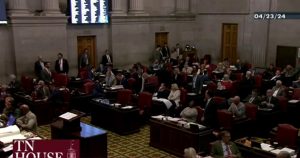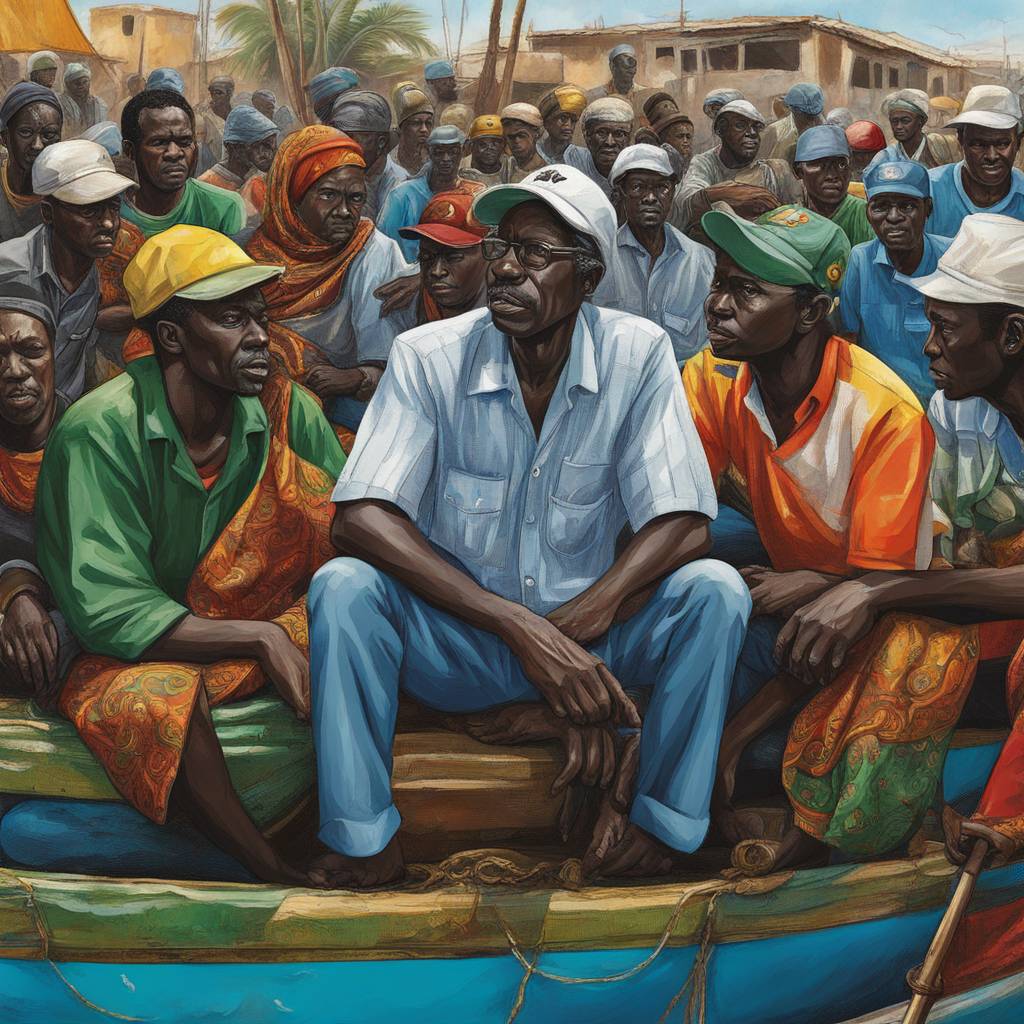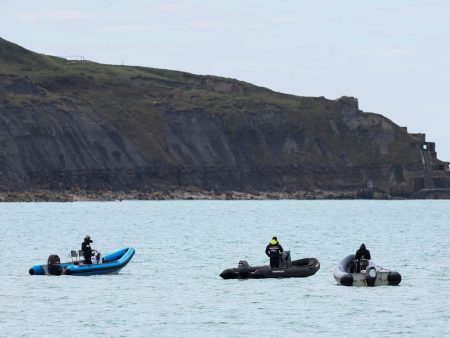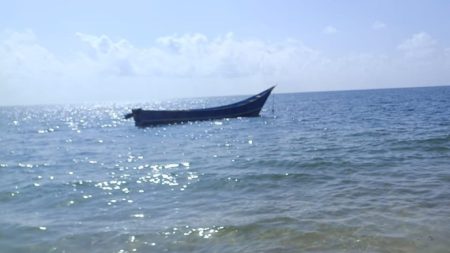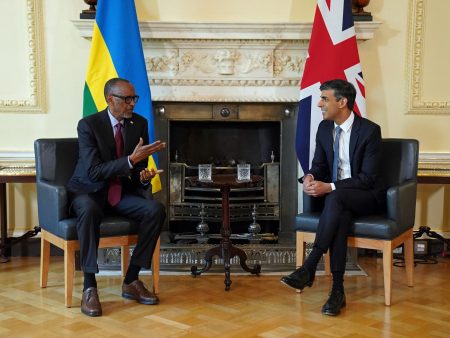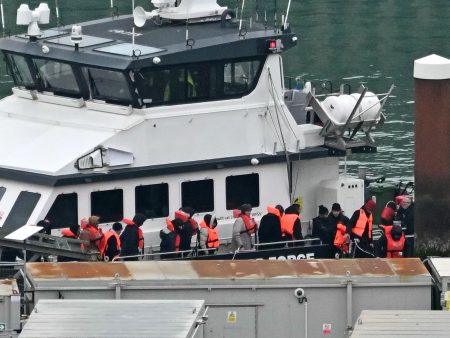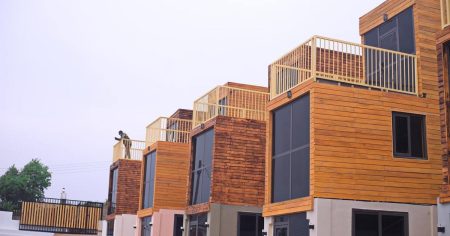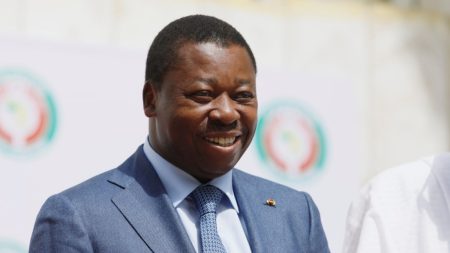In Senegal’s capital Dakar, small-scale fishermen at Ouakam Beach face inequality as they fish in the shadow of imposing villas of the upper-class. Decreasing fish stocks in Senegal have been attributed to foreign industrial boats exporting fish, leaving traditional fishermen struggling. The newly elected president, Bassirou Diomaye Faye, represents hope for these disenfranchised fishermen as he is seen as a symbol of change due to his humble background and understanding of their challenges.
Under the previous administration, legal fishing by foreign trawlers has led to a decimation of Senegal’s fish stocks, causing local fish prices to soar. The country’s legal fish exports reached over $490 million in 2018, accounting for a significant portion of the country’s exports. However, the country also loses millions of dollars annually due to illegal industrial fishing by foreign boats, affecting the livelihoods of many fishermen in Senegal. Additionally, many fishermen have resorted to immigrating to other countries or taking dangerous boat journeys due to the lack of fish.
President-elect Faye has pledged to protect the fishing zone exclusive for artisanal fishermen from foreign boats by moving it 20km offshore. He also plans to develop a National Plan for the Immersion and Management of Artificial Reefs to rebuild degraded marine habitats. His focus on sustainable fishing practices and holding foreign boats accountable for their actions has garnered support from local fishermen who hope for real change under his leadership.
The fishing industry in Senegal is closely tied to the issue of migration, with many fishermen looking to Europe for better opportunities due to the challenges they face at home. The discovery of significant natural gas reserves offshore has also raised concerns among fishermen about the impact of oil and gas exploitation on their activities and the environment. There is a call for greater investment in scientific research and monitoring to ensure sustainable fishing practices and protect marine ecosystems in the face of these new challenges.
President Faye’s commitment to revising fishing agreements and promoting sustainable fishing practices is seen as a step in the right direction by local fishermen. The need for transparency in fisheries governance, as well as the protection of fishing zones and marine biodiversity, are key priorities for the new government. While there is hope for positive change under Faye’s leadership, there is also a sense of caution and skepticism among fishermen who have experienced disappointments in the past. They are hopeful that the new president will prioritize their interests and safeguard their livelihoods in the face of growing challenges.
